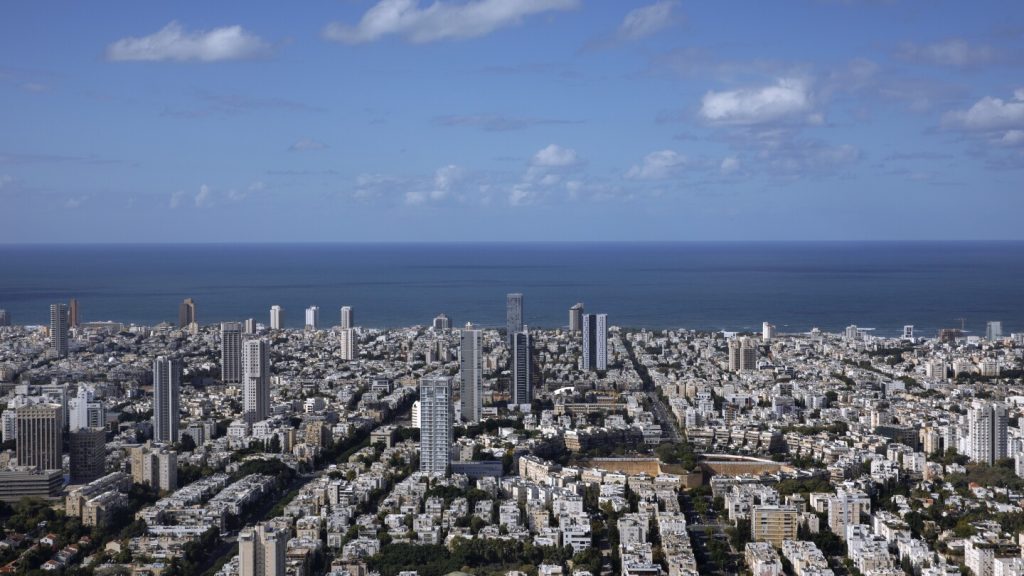Israeli Prime Minister Benjamin Netanyahu has vowed to shut down Al Jazeera’s operations in Israel, calling it a “terror channel” that spreads incitement. This decision comes after the passing of a law by parliament that allows for the closure of the channel. Al Jazeera, which is owned by Qatar, has condemned Netanyahu’s incitement claim as a “dangerous ludicrous lie” and stated that it will continue its professional coverage while pursuing legal steps to challenge the shutdown.
The relations between Israel and Al Jazeera have been strained for many years, with Israel accusing the channel of bias against the country. The situation worsened when an Al Jazeera correspondent, Shireen Abu Akleh, was killed during an Israeli military raid in the occupied West Bank. Israel denied intentionally killing her, attributing her death to accidental fire. More incidents occurred, further escalating tensions, such as the killing of an Al Jazeera cameraman in Gaza and the deaths of family members of the channel’s bureau chief, Wael Dahdouh, in Israeli strikes.
Netanyahu’s decision to shut down Al Jazeera’s operations follows accusations that the channel has harmed Israel’s security, incited violence, and collaborated with Hamas. The closure of Al Jazeera has been attempted by other Middle Eastern countries in the past, including Saudi Arabia, Jordan, the United Arab Emirates, and Bahrain. Egypt has also banned the channel since 2013, following the military overthrow of a government dominated by the Muslim Brotherhood. The United States, while not always agreeing with Al Jazeera’s coverage, has emphasized the importance of a free press and supports the work of journalists in Gaza.
The law authorizing the closure of Al Jazeera gives Israeli officials the power to block the channel’s broadcasts and prevent its operations within the country. This decision could have repercussions, especially as Qatar has been playing a mediating role in the conflict between Israel and Hamas. By targeting the channel, Israel may be seeking to pressure Qatar to influence Hamas to make concessions. However, the move also risks alienating Qatar, a key player with influence over Hamas. Press freedom groups have criticized Israel for its treatment of journalists during the conflict, with concerns about the erosion of free speech and press freedom.
Critics of the law argue that it violates fundamental rights and undermines the principle of separation of powers. Legal experts have raised concerns about the government’s authority to shut down media outlets, suggesting that it sets a dangerous precedent. The closure of Al Jazeera requires input from top security officials and approvals from various bodies, including the courts. There are fears that other media outlets, both international and Israeli, could also be targeted in the future. The move has sparked debate about the implications for media freedom and democracy in Israel.


